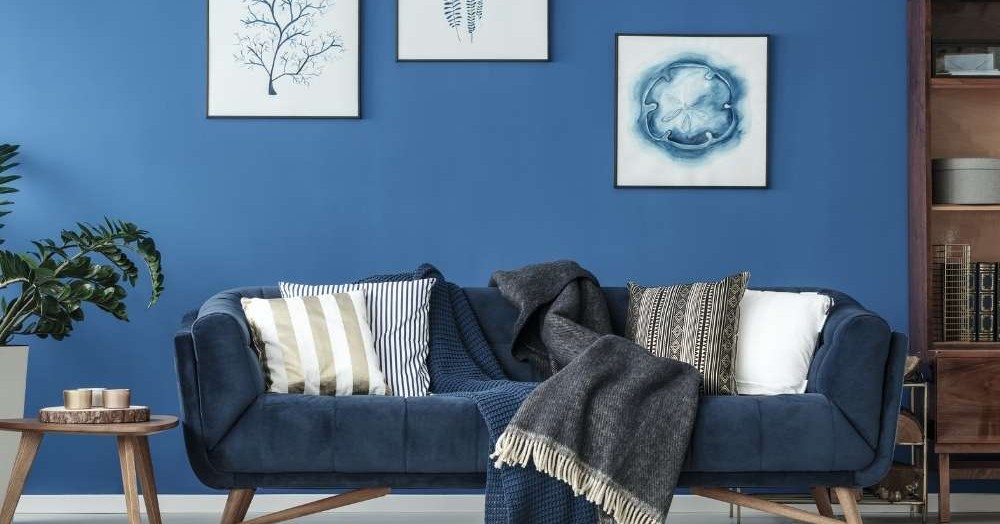
Solo buyer? Bring life to your new home without breaking the bank
The sting of deposits, bills, and solicitor fees can leave many first-time solo buyers with little leftover in the bank for decorating. To help you spruce up your space on a budget, we’ve got some simple tweaks that won't cost the earth. Take a look below...
1. Pick your colour scheme
Once you've picked up your keys, decide on a colour scheme for each room. From daring bold hues to sugary shades, think about how each paint colour will work in various rooms. Often, the lack of natural light can complicate your choice of colour scheme, so choose carefully before painting walls.
Colour can be the most impactful element of interior design, so choosing a colour palette for each room is a great place to start. It's important to develop a coherent colour scheme that flows naturally throughout your home. As well as personal preferences, you'll want to consider factors like the size of each room and the amount of natural light present.
2. You don't have to buy brand new
You might have a new house, but don't be afraid to get your hands on second-hand goods. From Facebook Marketplace to Gumtree and eBay, there are heaps of resellers listing bargain furniture finds in your area. Not only will you save a pretty penny, but it's also a great way to reduce your personal environmental impact.
Before you move in, make a list of everything you need — and see if friends can help. If your parents have been thinking about getting a new sofa, for example, there is every chance their old one is still in perfectly good condition and could tide you over until you've saved up a bit.
Many furniture shops also implement regular discounts and offers, so if you have a particular item in mind, it's worth making sure you shop around and don't make any hasty decisions if you could find something similar much cheaper elsewhere.
3. Get organised
Furniture and decorating costs can rack up quickly if you're not careful, so it's always best to budget before you get the keys. Write a list of everything you need, including furniture, pots of paint, new flooring, and essentials to help you work out what needs saving for.
Make sure you have an idea of the maximum amount you can spend per item or room and give yourself the option of allocating more budget to the "bigger" items. This will help you spread the cost of decorating and stay on top of the urgent things still needed.
4. Personalise your space
Little touches go a long way to making a brand-new space feel like a welcoming home. Prints, whether artwork or family photos, can instantly add personality to any room. While some frames can be expensive, a great way to save some money is to make your own using websites like Canva. Simply choose your desired images, print, and frame!
5. Experiment once you've moved in
Decorating takes time, so don't worry if it's not perfect right away. Starting slowly will help you plot and plan what style, scheme, and colour to go for.
Move your furniture around frequently to find a layout that works best for you and your personal routine. Plus, there is also the added benefit of feeling like you're living in a new home every time you rearrange a particular room or area.
Thinking of buying solo or worried about what you can afford? Get in touch for expert advice and help!